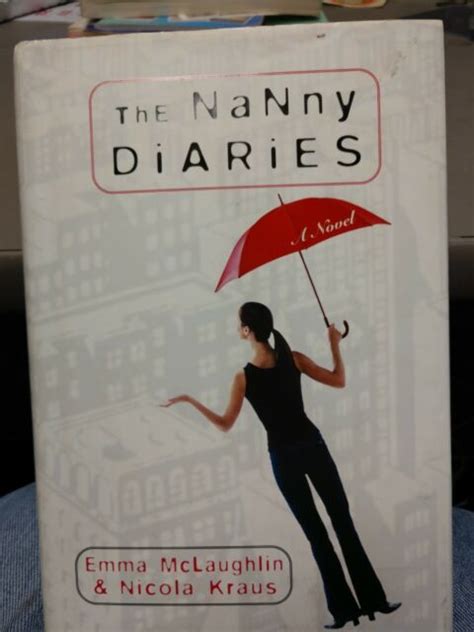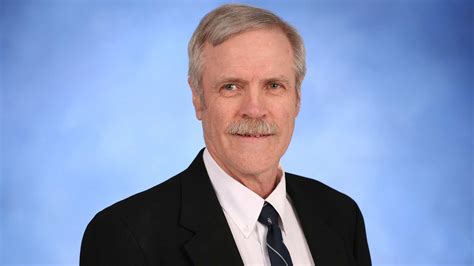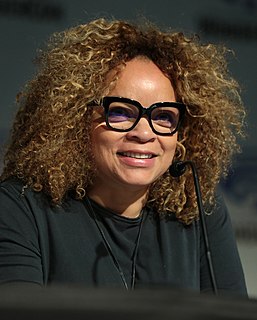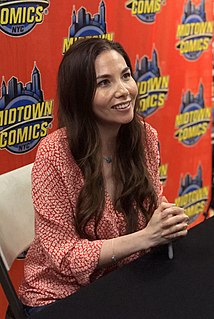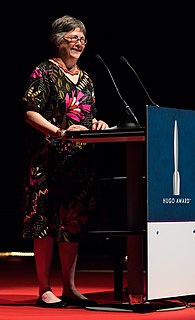A Quote by Emma McLaughlin
Before novels written by women were relegated to their own 'genre,' I was introduced to Jane Smiley by a dear professor who raised my awareness of what female authors were bringing to the table of contemporary fiction.
Related Quotes
I would say that most of my books are contemporary realistic fiction... a couple, maybe three, fall into the 'historic fiction' category. Science fiction is not a favorite genre of mine, though I have greatly enjoyed some of the work of Ursula LeGuin. I haven't read much science fiction so I don't know other sci-fi authors.
Roseanne was a huge groundbreaking comedian. Margaret Cho. Ellen DeGeneres, and then on 'Saturday Night Live,' the era of Tina Fey and Amy Poehler sort of helped to bring in an awareness of a new generation of women comedians, often women who were feminist in their comedy, who were unafraid - and this came from the genre of show that was emerging.
I was once doing a question and answer period with the novelist Jane Smiley in a bookstore and someone asked us what our processes were and Jane said hers and then I said mine and Jane said, "Well, if I had a student like that I'd force him never to write like that again because you could never write a novel in the way that you write poetry."
The color palette grew as the story progressed. The 1920's sharecroppers were muted and neutrals, the 30's and 40's introduced burgundy to the neutral palette. The 1950's introduced green, black and denim blue, the 1960's introduced orange and heavier more saturated color, the 1970's introduced more primaries, and the fashion palette became more recognizable as a contemporary one from there.
I started out writing romance novels, and that's a side of publishing that's very female oriented. 99.9% of the writers are women, most of the editors are women, and these are books written for the female gaze. And so my point of view - the way I looked at fandom and publishing and writing - was all about women. So for me that's what was natural, that's what was comfortable. And then I moved over to comics. And all of a sudden it was... Pardon the expression, it was a sausage fest.
The fiction I've written and published is certainly inflected by the work of authors I was reading or translating at the time. One of my methods for developing my own voice in fiction, a process I am taking very slowly and deliberately, is through these very intense encounters with certain writers. Strength and power in fiction is being able to resist these intoxicating voices, recognizing that they are the signatures of other writers and not one's own.
My whole theory about why I couldn’t find any creators who realized they were leaving out female characters is because they were raised on the same ratio. I just heard someone the other day call it either ‘smurfing’ a movie, which is when there’s one female character, or ‘minioning’ a movie, which is when there’s no female characters.
We had a moment in the '40s and '50s, where female characters were very strong in film, where these incredible roles were written for women like Joan Crawford, like Bette Davis. But then there was a space of time where - I don't know why - it wasn't like that. It became difficult for women to find certain roles after a certain age.
Well, I hate it when authors come into a school and they say to kids, 'Write from your heart, only write what you know, and write from your heart.' I hate that because it's useless. I've written over 300 books - not one was written from my heart. Not one. They were all written for an audience, they were all written to entertain a certain audience.
By comparison, 'The Secret Agent' is not especially prescient about terrorism, certainly not technically. The Professor was a stock figure of Edwardian fiction, and his dreams of mass destruction were nothing ahead of their time. Many novels in the late 19th and early 20th centuries involved plots far more deadly.
